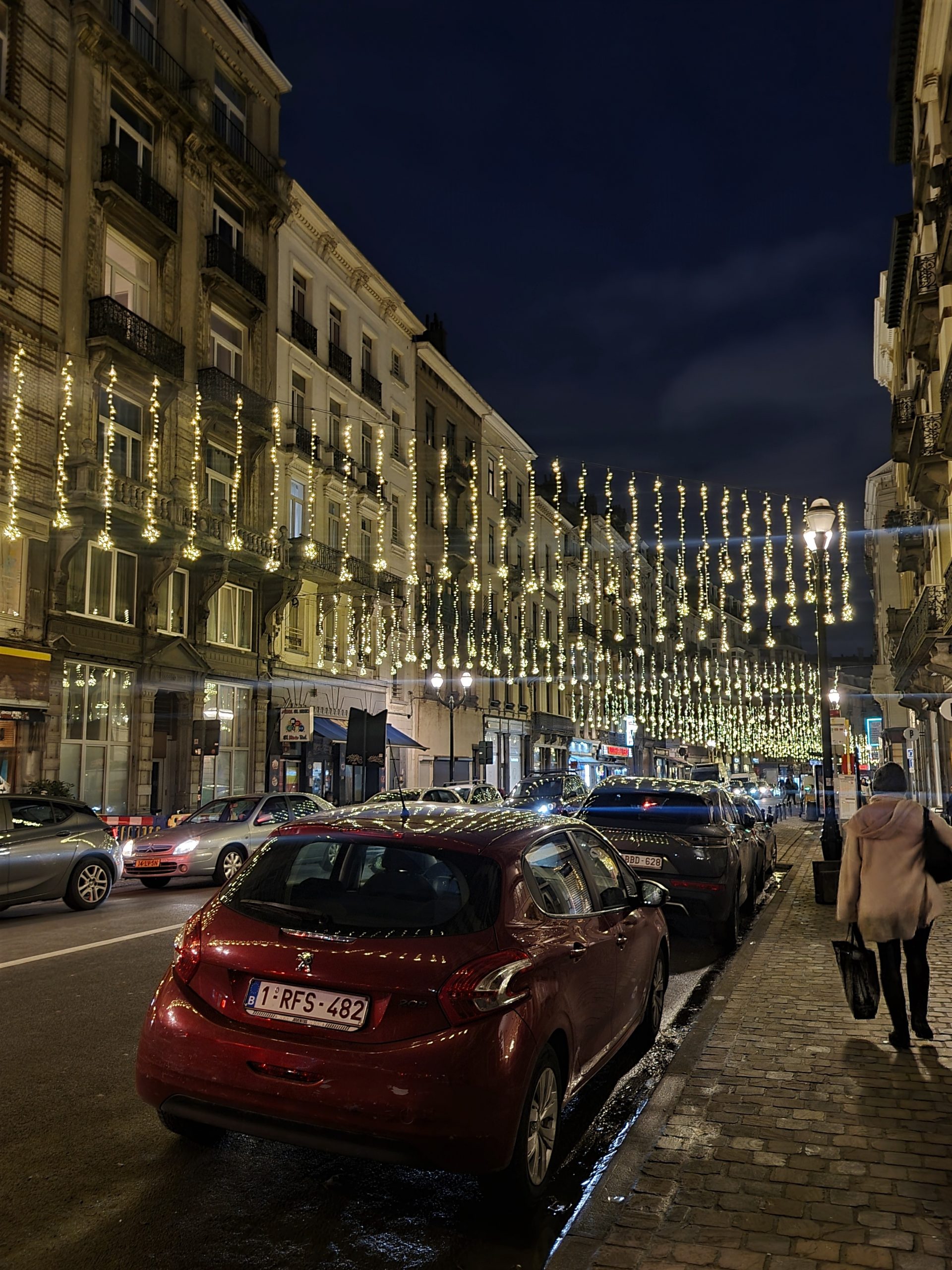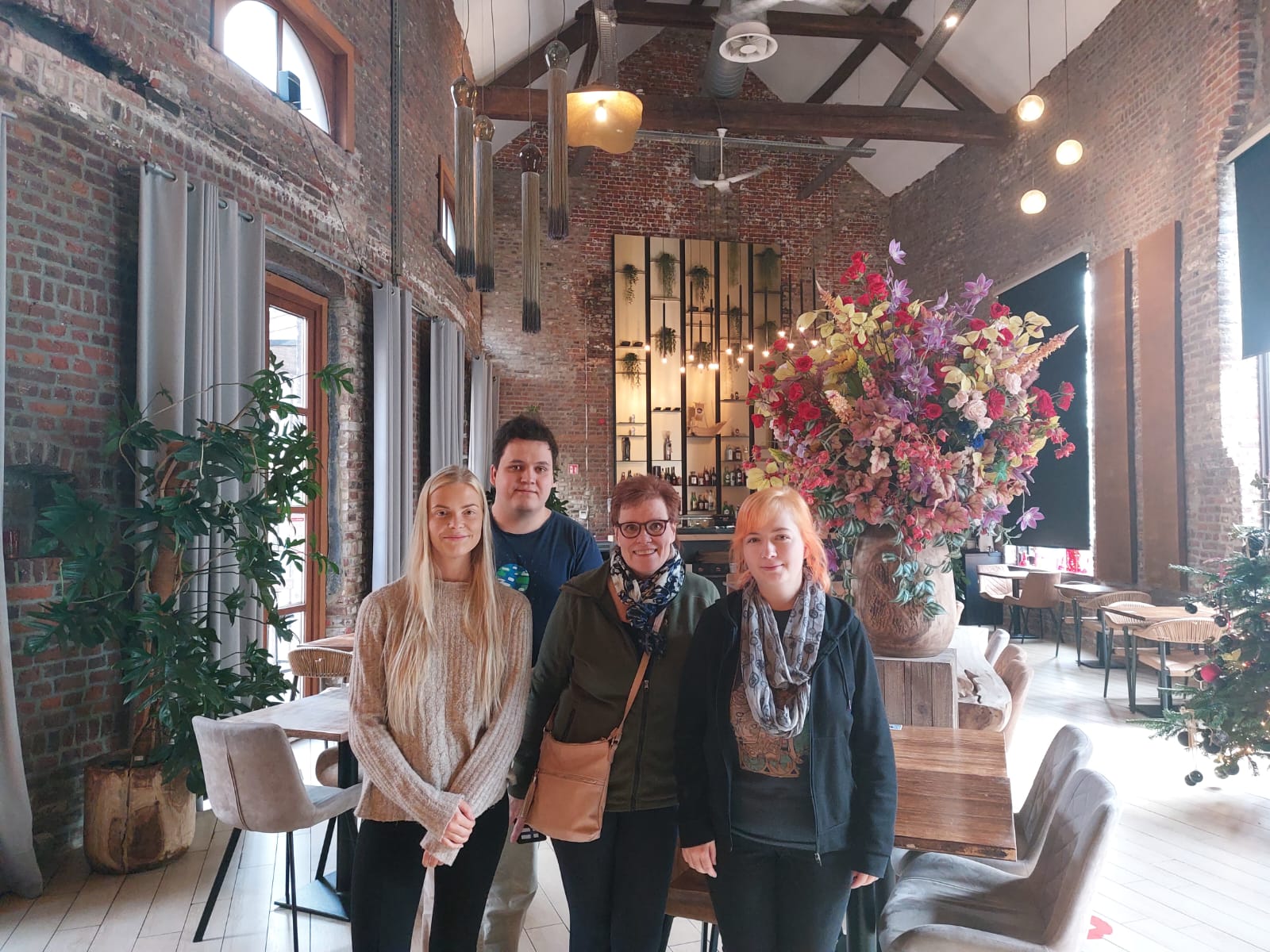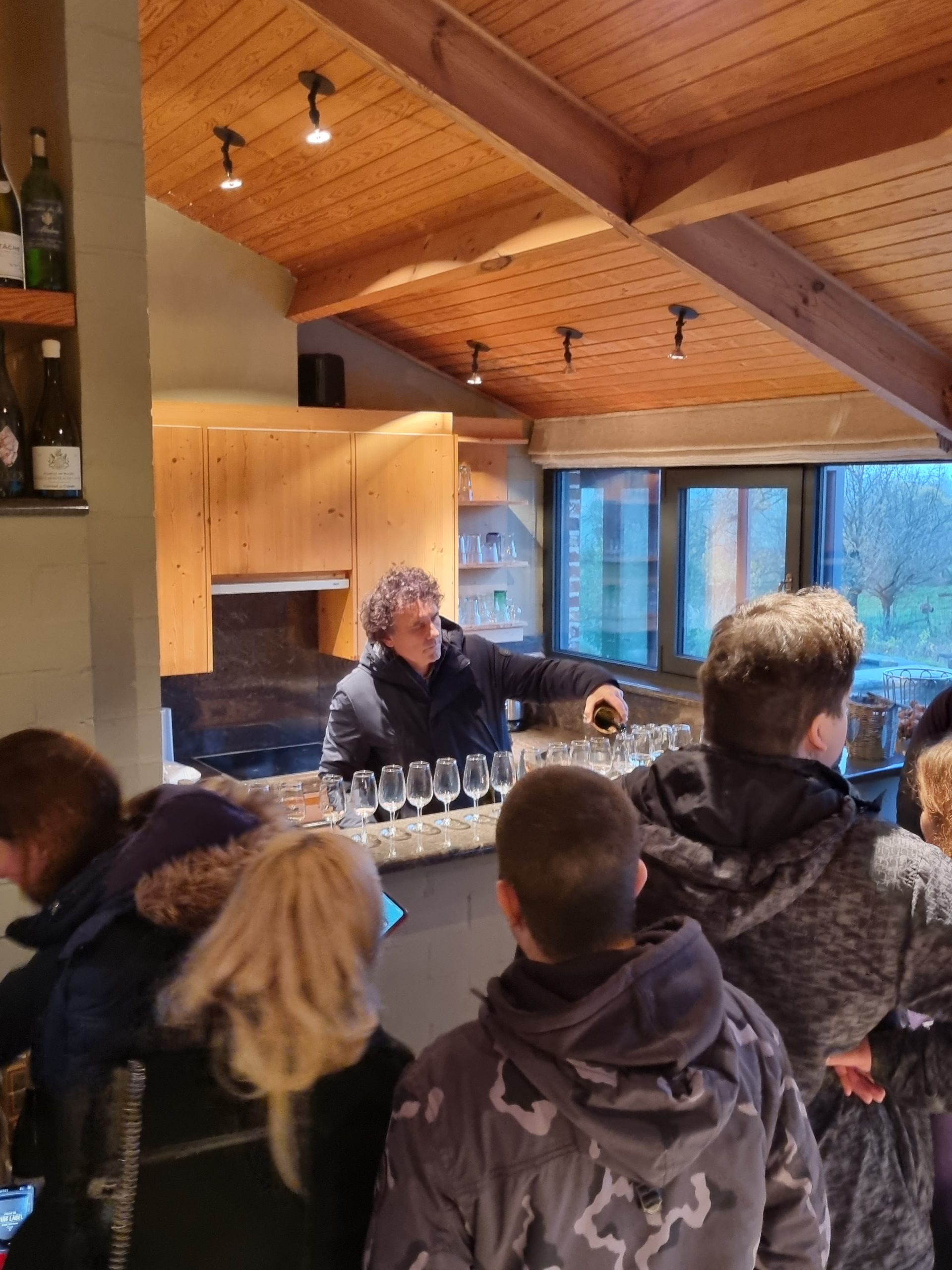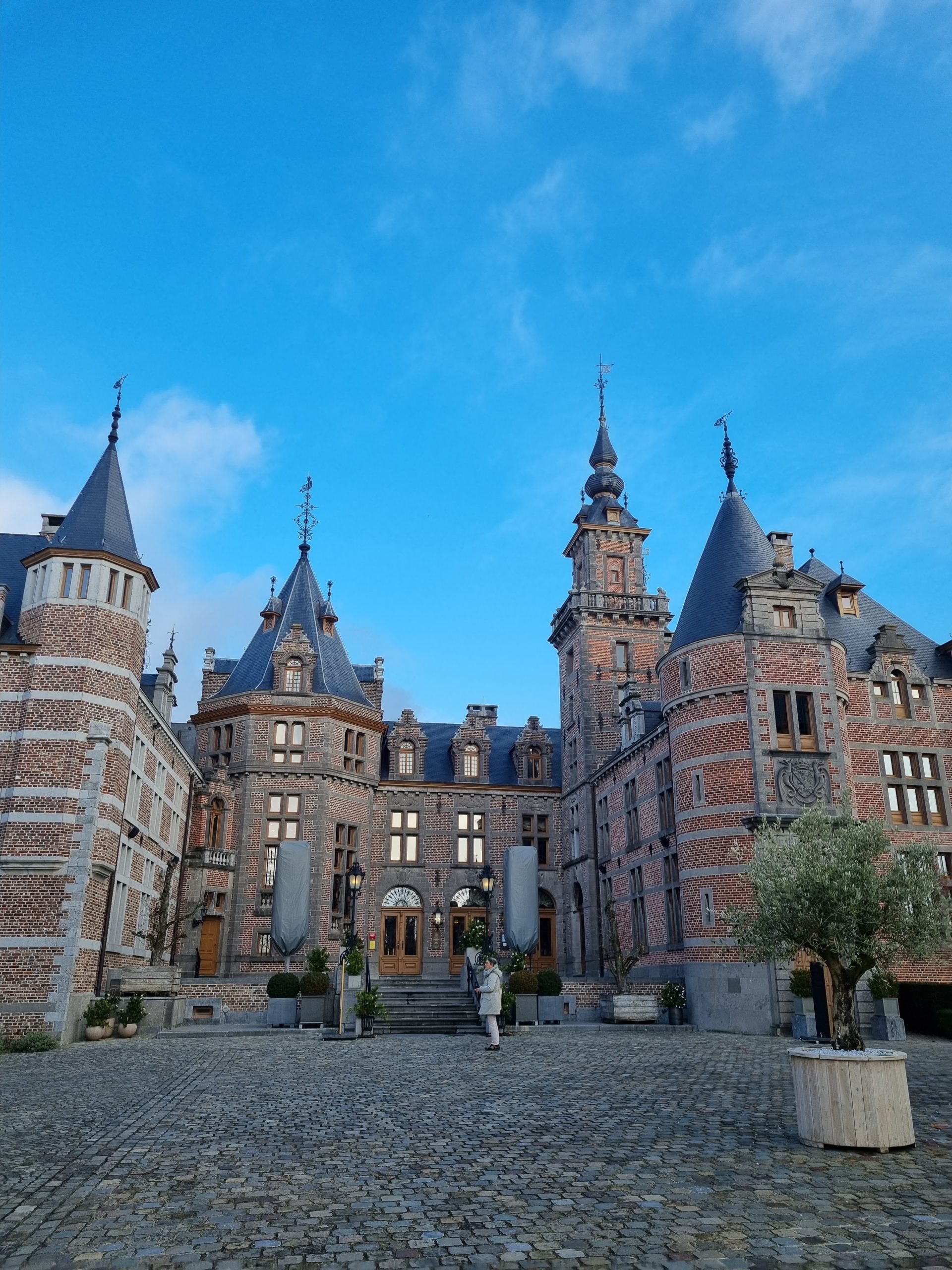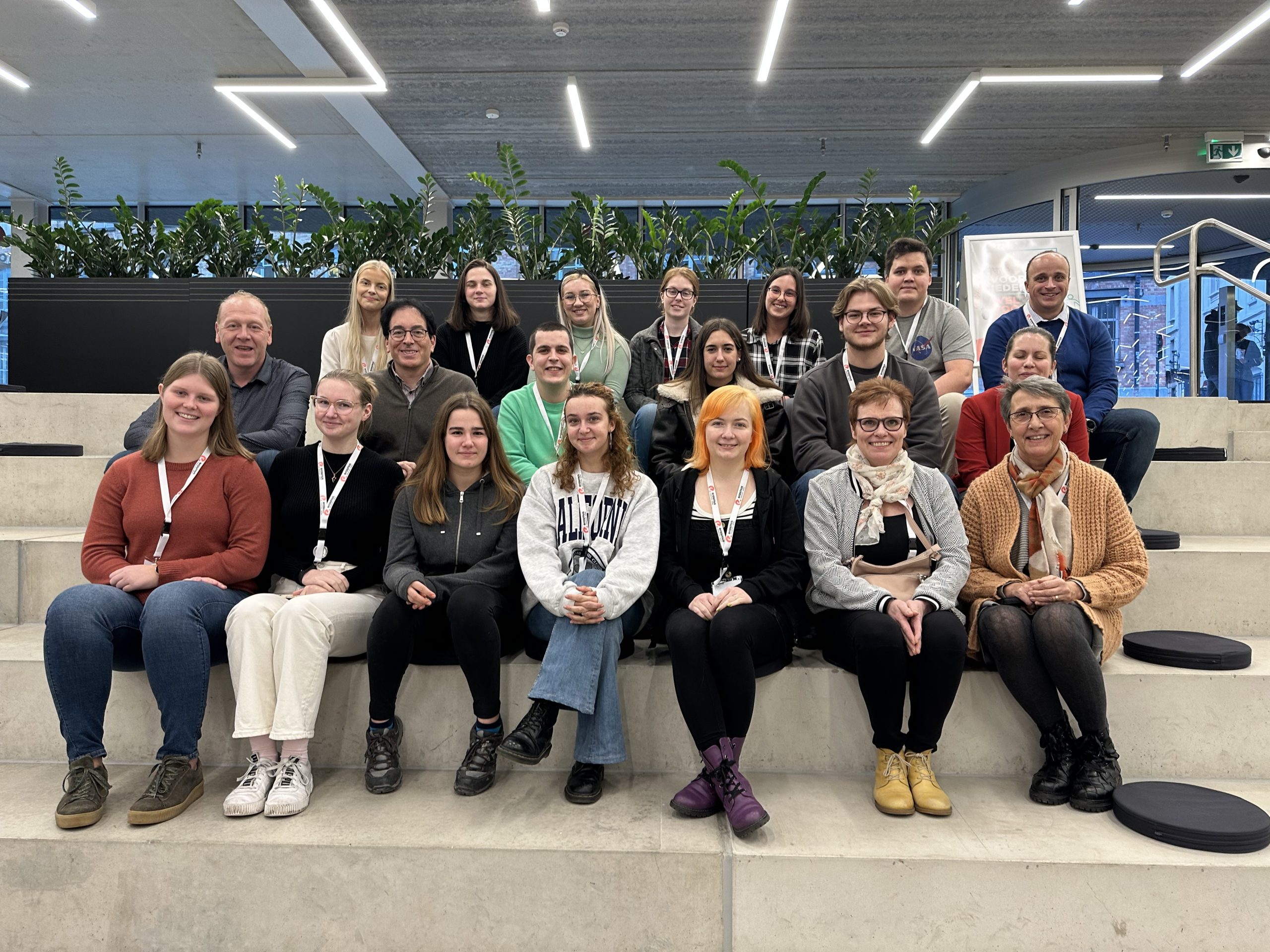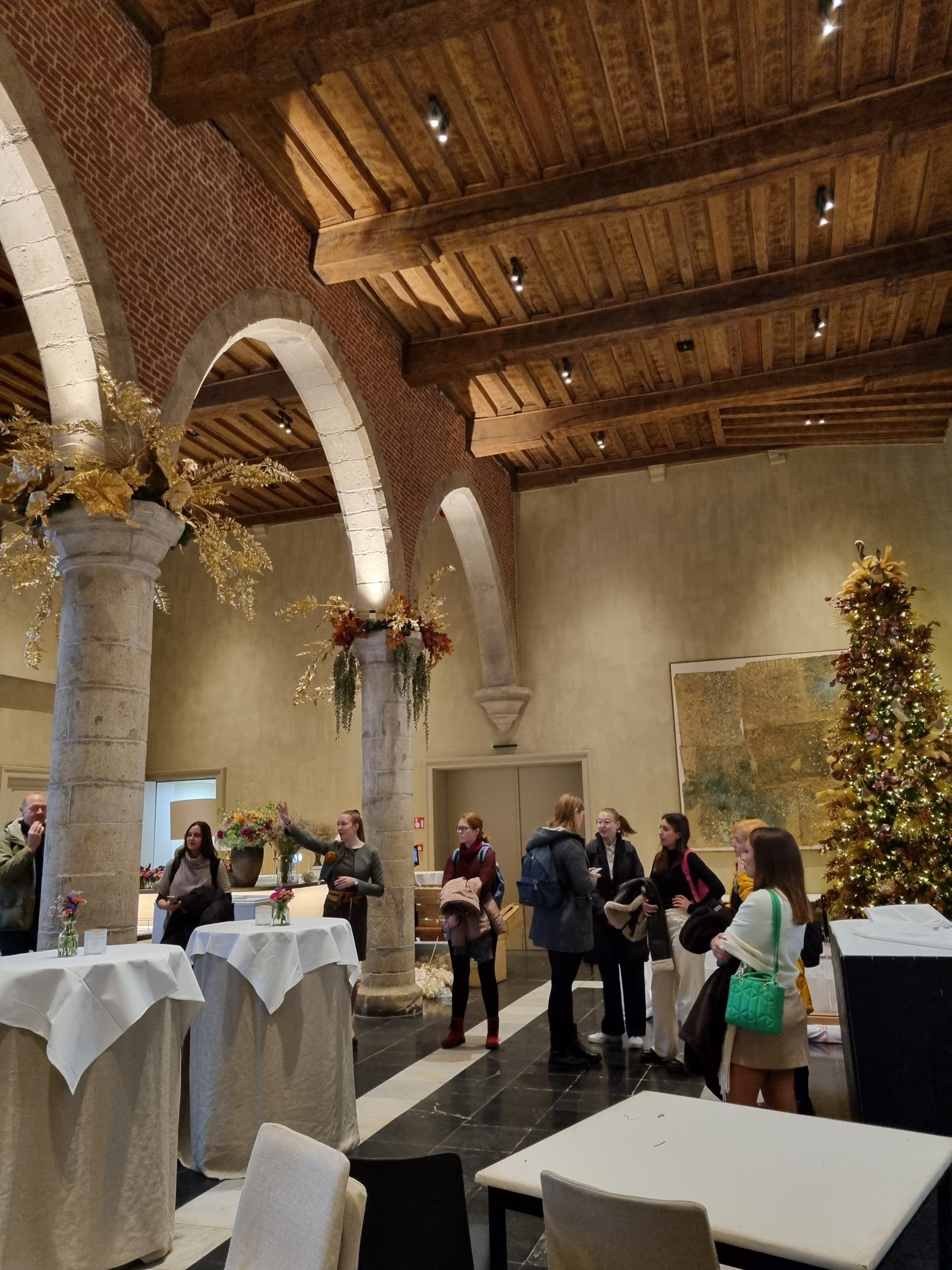SUHET Project
Creating and Implementing Education for Sustainable High-End Tourism throughout Europe
The objective of SUHET project is to provide the field of tourism in the participating countries with highly-qualified staff able to respond to current high-end customer needs and foresight future development trends sustainably.
The long-term benefits of the project include strengthening the regions’ economy, generating new jobs, steady income, increasing sustainable tourism activities, international networking with other high-end tourism providers in online community, new projects, cooperation with partners to develop new services and businesses with other high-end tourism enterprises. 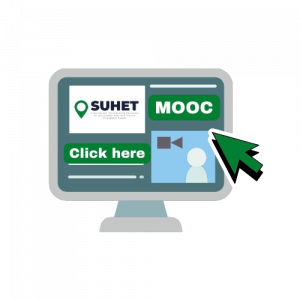
WHY IS THE PROJECT NEEDED
High-end tourism is at different stages of development throughout Europe. In some of the countries participating in the project, high-end tourism is only in its infancy, while in others it is already well established.The exchange of experience between different regions and learning from their current benefits all participants. The same holds true for the concept of sustainability.
According to the World Travel and Tourism Council (2020), Luxury travel, which in 2019 was responsible for 1 in 10 tourism jobs globally, is changing as sustainability becomes front and center. However, sustainability in luxury tourism has to some extent become a new buzzword in the industry, like wellness in the 1990’s. The term sustainability and its different dimensions are not clear for all actors. Hence, sustainability and sustainable practices are often seen as reducing the use of plastic. Nevertheless, customers are demanding more and more sustainable practices in high-end tourism.
Tourism is seen as an essential business in a lot of communities that would otherwise not survive. The impact of changing needs in tourism from the perspective of tourists combined with the growing commodification, vertical integration and structural reintermediation with OTA’s etc needs a professionalisation of tourism staff. The premise of making clients happy and they will come is no longer relevant in this industry of consolidation and tension between extreme seasonality and interdependence of all stakeholders in the tourism industry. Teachers – internal & external: As outlined by the Digital Education Plan (2021-2027) of the European Commission, we need to learn from the COVID-19 crisis on how technology has been used and make education and training systems fit for the digital age. As the importance of digital teaching tools is increasing, it is crucial that teachers possess the necessary skill sets for their implementation and execution.
PROJECT PARTNERS
- Erasmus Hoge School
- Lapland UAS
- European Centre for Quality
- University of Maribor
- Universitat Autònoma de Barcelona
Erasmus University Brussels of Applied Sciences & Arts (EhB) is a Flemish higher education institution, offering 21 Bachelor (BA) and 4 Master (MA)-programs in 9 different fields of study, clustered in 4 departments with a strong professional focus and 2 Schools of Arts, offering BA and MA in Music, Audio Visual and Performing Arts. EhB stands for student-oriented curricula through an intense collaboration between students and lecturers. EhB’s internationalization policy is to foster an international mindset and orientation in each student and staff member. Therefore, all schools participate actively in the Erasmus+ Exchange Program.
Lapland University of Applied Sciences (Lapland UAS) is a multidisciplinary non-profit higher education institution in Finnish Lapland with 5 500 degree students, 450 employees and 9 M€ annual volume of research, development and innovation activities. Annual turnover is around 40 M€. Lapland UAS started its operations 1.1.2014 as a result of a merger of two UASs in Lapland: Kemi-Tornio University of Applied Sciences and Rovaniemi University of Applied Sciences. These two universities were established 1992. Lapland UAS has been audited and quality awarded by the Finnish Education Evaluation Centre (KARVI) 2017. Lapland UAS offers northern specialized education in 22 bachelor’s and 8 master’s degree programs at four departments (Business, Cultural and Media Arts; Tourism and Hospitality Management; Technology, Forestry and Rural Industries; and Social and Health care and Sports) and also applied research and development (R&D) on all these areas. Lapland UAS is one of the leading Finnish universities of applied sciences considering R&D.
European Center for Quality Ltd. is a consulting company founded in 2001. It is specialized in four main fields:
1) Management consulting in the field of EU-funded projects
2) Design and delivery of training programmes for business
entities and employees
3) Implementation of various initiatives linking the worlds of business with the education and
training sectors
4) Development and implementation of Management systems in accordance with international standards (ISO 9001:2008/2015 Quality Management Systems (MS); ISO 27001 Information security MS; ISO 14001:2004/2015 Environmental MS; ISO 50001:2011 Energy MS; ISO 18001 Occupational Safety and Health MS, ISO 22000:2005 Food
Safety Management).
The company works in close-knit cooperation with a variety of national and foreign partners, among which are educational institutions and universities, qualification centres, non-governmental organisations, chambers of commerce, consulting companies, etc.
With its nineteen member institutions, the university is turning into a central development institution attracting talented students from all over the world and providing a development context where excellence is at home at all levels. The management is aware that close ties between the university as a central educational and research institution and its local environment and the industry are of the utmost importance. For this reason, various activities aimed at integrating knowledge and R&D with the industry are being implemented in order to initiate concrete projects contributing to new jobs and new products with high added value. The University of Maribor is thus bringing together knowledge, research findings and the industry. The central project in this area is called IOT – Innovative Open Technologies. The information portal Vzhodna.si will serve as an entry point also in other development projects.
Fundació Universitat Autònoma de Barcelona or Fundació UAB (FUAB) is an institution created within the Autonomous University of Barcelona (UAB) in order to collaborate with the university in the development and implementation of educational projects complementary to its academic offer. FUAB also wants to boost new management systems in cooperation with other institutions and companies, and the provision of services related to the university and the implementation of new academic projects, research, advisory and consultancy services. UAB is a generalist campusbased University, hosting an overall amount of 34.000 undergraduate, postgraduate, master and doctorate students. UAB holds a leading position in the most prestigious university rankings: according to Times of Higher Education World University Ranking (THE WUR), it is the second-ranked university in Spain and 145th in the world. In terms of international projects, UAB has participated in: 92 H2020 projects, acting as coordinator for 10 of them; more than 80 projects outside the H2020 programme (LIFE, Poctefa, etc.).

Funded by the European Union. Neither the European Union nor the European Education and Culture Executive Agency (EACEA) can be held responsible for the content of this publication.
Project number: 2021-1-FI01-KA220-HED-000031996

